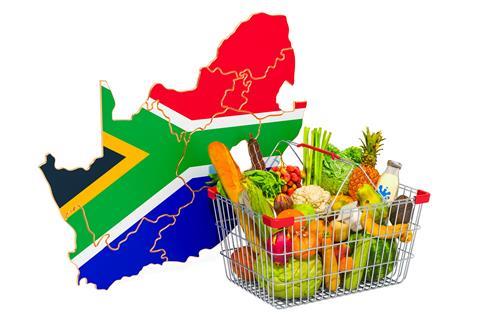The intensive 15-month process may bring changes, but potentially from 2025 onwards
The most detailed and comprehensive investigation into South African fresh produce marketing in three decades is due to start next week.

Announced recently by the country’s competition commission, the investigation will focus on the efficiency of the value chain, particularly around fresh produce marketing facilities in South Africa, market dynamics of key inputs and their impact on producers, and barriers to entry, expansion and participation.
The commission said that the focus on value chain efficiency stemmed from stakeholder concerns that it was inefficient and uncompetitive, particularly at a National Fresh Produce Markets (NFPMs) level.
A specific focus will be on the competition dynamics prevalent at NFPMs and other contracting means, such as direct contracting, which may affect competitive dynamics.
It is likely that the role of retailers and whether they grant fair access to producers through fair contracting systems will also come under scrutiny.
The country’s fresh produce markets, particularly those at City Deep in Johannesburg and Tswane in Pretoria, play a huge role in fresh produce distribution in South Africa.
In terms of the informal fresh produce marketing sector, they are the main supply chain in South Africa and in Southern Africa, with buyers travelling from neighbouring states to pick up weekly supplies.
Large informal markets have also been established around the NFPMs as all try to gain a bigger slice of the business.
The commission said that in terms of key inputs and their impact on producers, they would specifically investigate concentration levels, price discrimination (if any), buyer power and exclusivity. The theme is focused on the upper end of the fresh produce value chain.
As far as barriers to entry, expansion and participation are concerned the commission would also specifically focus on the barriers faced by small, medium and micro enterprises (SMMEs) and firms owned or controlled by historically disadvantaged persons.
“In addition, a broader regulatory framework will be considered,” the commission stated. ”Where required, this may include consideration of specific pieces of legislation and the regulation conducted by other regulatory/governmental bodies in relation to such legislation.”
The work of the Commission starts next week and will be concluded at the end of July, followed by a period of public hearings. The draft report will be published at the end of March next year and the recommendation will be in the Government Gazette in October next year.
This could be one of the most impactful events the sector has seen since the deciduous fruit, table grape and citrus sectors were formalised in 1998, with the regulated arrangements for dried and canned fruit lifted at the same time.
It is certain that greater participation in the export value chain will also come under discussion.
The export sector will almost certainly raise what they see as the inefficiencies in infrastructure that impede expansion, while the economic role of the fresh produce sector in the country’s rural areas will also be highlighted.



